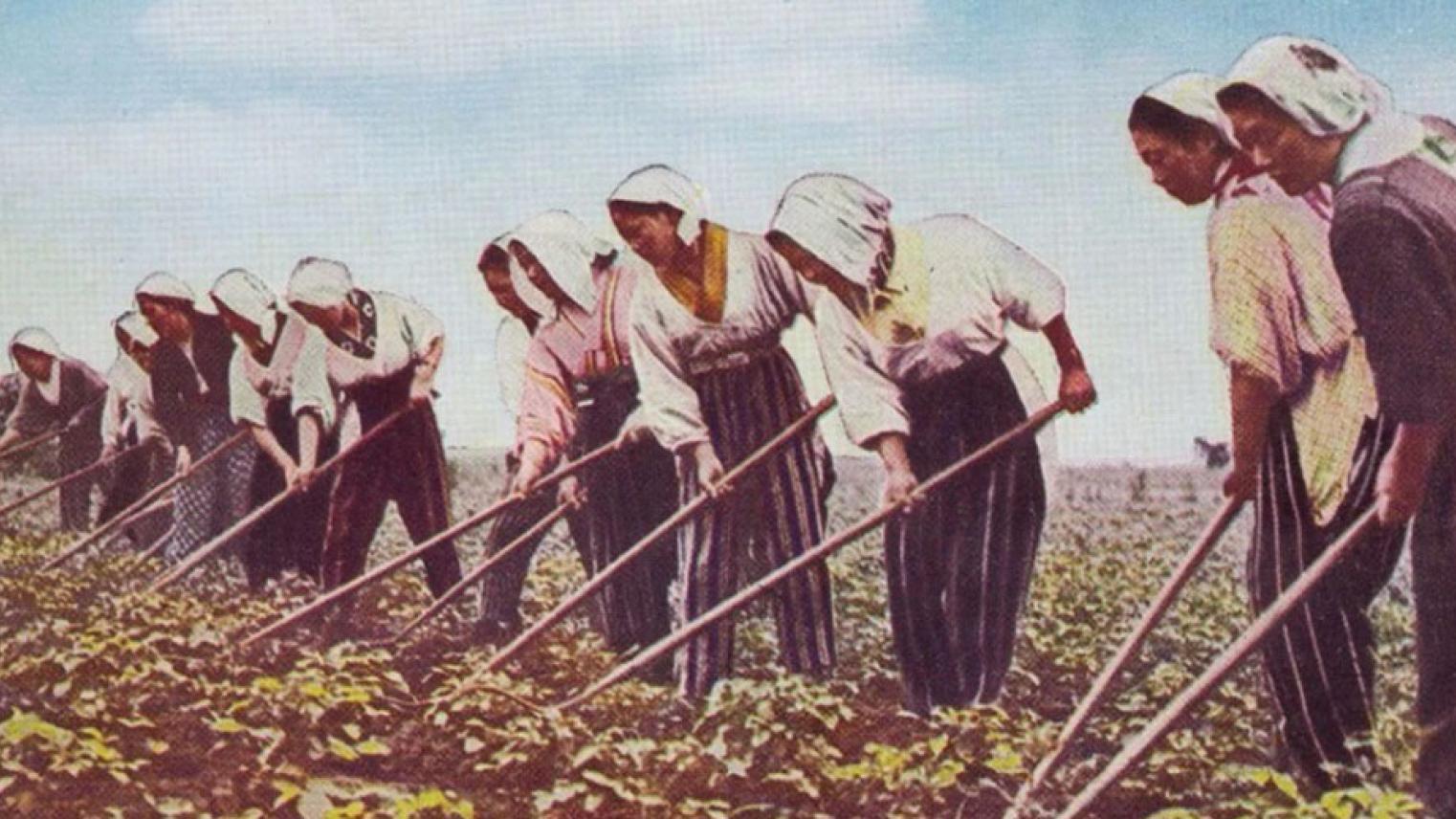The ANU Japan Institute Seminar Series showcases cutting-edge research by leading and emerging scholars based primarily in Australia and Japan. It aims to promote networking among Japan Studies scholars in the two countries and will feature innovative research on the bilateral relationship.
Another face of empire: Japanese women’s experiences of repatriation from Manchuria and reintegration to Japan
In August 1945, there were approximately 6.6 million Japanese citizens were overseas. About half of them were civilians, and more than eighty per cent of them resided in the colonised or occupied areas of Imperial Japan. Of those, approximately 1,550,000 were in Manchuria, sustaining the expansion of the Japanese empire. When the Russian army attacked the Manchurian borders on 9 August and started invasion, those Japanese colonisers started their repatriation to Japan. This could rather be called ‘evacuation’, because many of them faced various forms of harsh violence including pillage, mass-killing, and mass-rape perpetrated by the Russian soldiers and local residents who had been previously dominated by Japanese. The turmoil at the end of the war in Manchuria claimed approximately 245,000 Japanese people’s lives. In the postwar Japan, those repatriates faced social discrimination, and most have remained silent about their past. Their memories of colonisation and repatriation have never become the ‘public memory’, and are now fading away.
While the above account displays a rough outline of Japanese citizens’ experiences in Manchuria, we need to note that men and women were positioned differently within the empire and thus experienced the end of the war differently. In the official and/or mainstream discourses of their repatriation, some aspects of women’s experiences are still not fully revealed. For example, while women’s sexual victimisation upon their way home has been well documented, less investigated are their daily lives as colonisers before August 1945 and the surreptitious abortions provided by the government on their arrival in Japan. The Japanese citizens’ repatriation in the aftermath of the war is an ongoing issue.
This paper presents how those Japanese women were represented and recorded in the relevant discourses including their memoirs, paying particular attention to the women’s multi-layered social and political positionalities. By doing so, this paper will locate this issue in contemporary Japan, and contribute to critically reconsider how the Japanese empire ended.
Speaker:
Dr Mayuko Itoh is Lecturer in Japanese Language and Studies at School of Culture, History and Language, the ANU College of Asia and the Pacific, Australian National University. She received her PhD in History at the University of Melbourne in 2014. Her research interests are on experiences of Japanese women who cross national boundaries at various points in history. She most recently authored a book chapter, “Backsliding to Authoritarianism in Japan? State and Civil Responses to Experiences of Japanese Women Repatriated from Manchuria” in Spires and Ogawa, eds, Authoritarianism and Civil Society in Asia (Routledge, 2022).
Image: Japanese settler women hoe soy in Manchuria (Manchukuo): Courtesy Wikimedia Commons
The seminar is followed by light refreshments.
Contact the ANU Japan Institiute Seminar Series Convener: Dr Andrew Levidis at andrew.levidis@anu.edu.au
